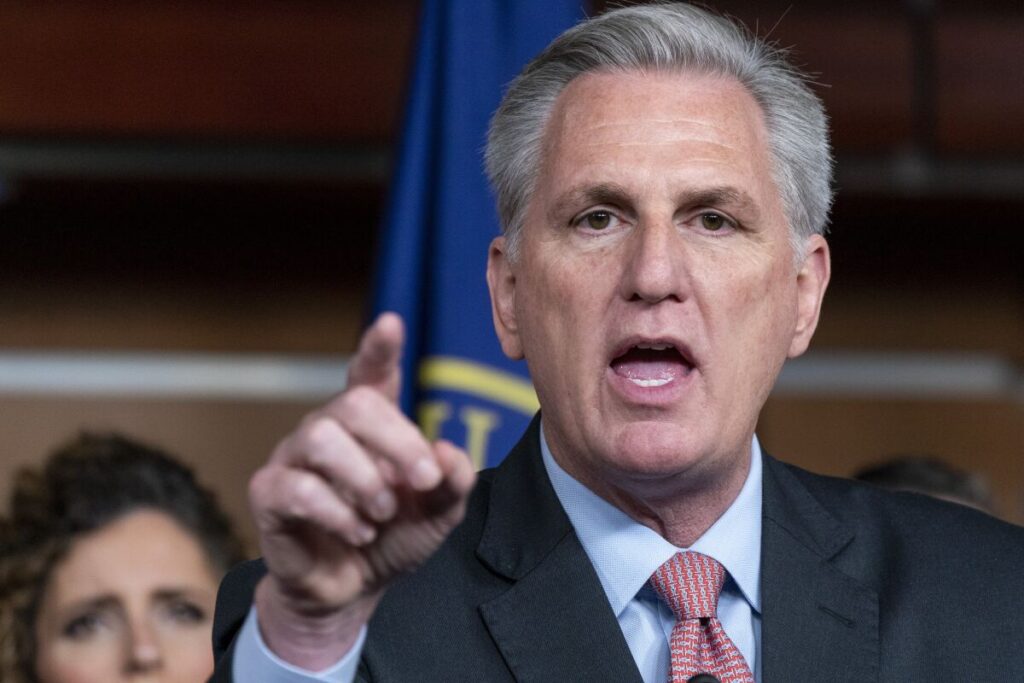Who is the New House Speaker?
After four days of intense negotiations, a new house speaker for the House of Representatives was selected: Kevin McCarthy, a Republican representative of California. Requiring at least 218 votes out of 435 if all are present to win a simple majority, McCarthy won just barely with 216 votes out of 432 as some voted simply “present”. Such a slim victory may highlight the frailty of his support in the house and the political polarization of America in recent years.
To put this into perspective, the last time multiple ballots were required to select a house speaker was in 1923 while the longest it has taken was in 1855 as it lasted 2 months with 133 ballots leading up to the Civil War. No speaker of the house for four days meant that members were not sworn in so they could not vote on rules, could not investigate federal agencies and public issues, or create committees. Finally with a new house speaker these tasks can be resumed.

The Price of Victory
In pursuit of the narrow victory many key concessions and promises were made by the new house speaker and his allies. A key concession includes any five members of house can call for a motion to vacate the speaker’s chair which would mean it would be much easier to trigger a no confidence vote allowing the house speaker to be deem unfit for the role. McCarthy has also agreed to vote on key conservatives bills involving a balanced budget amendment, border security and congressional term limits and attempt to cut spending along with raising the US’s debt ceiling which recently was dangerously close to hitting the limit of $.381 trillion. This issue may face some opposition in the Democrat controlled Senate.
Another compromise includes passing separate bills for government funding instead of the massive compilation package send at the end of the year known as “omnibus”, a package opposed by Republicans as they claim it leads to failure to notice certain unnecessary government funding plans. Other agreements include giving a 72 hour period to review bills before voting, lower spending on defense and domestic programs, give house members more opportunities to raise amendments on the House floor, and restore the Holman rule which can be used to lower the salary of government officials.
“Jill and I congratulate Kevin McCarthy on his election as Speaker of the House… I am prepared to work with Republicans when I can and voters made clear that they expect Republicans to be prepared to work with me as well.”
President Joe Biden
What It Means for the Long Run
With a Republican lead House of Representatives and Speaker of House and Democratic lead Senate, passing any major bills will be a hassle with it likely ending in a dead lock or at least require major compromising. The large compromises taken to win the house speaker seat will be something to watch for as McCarthy has a meeting with President Biden on February 1st with an agenda to discuss debt ceiling.

